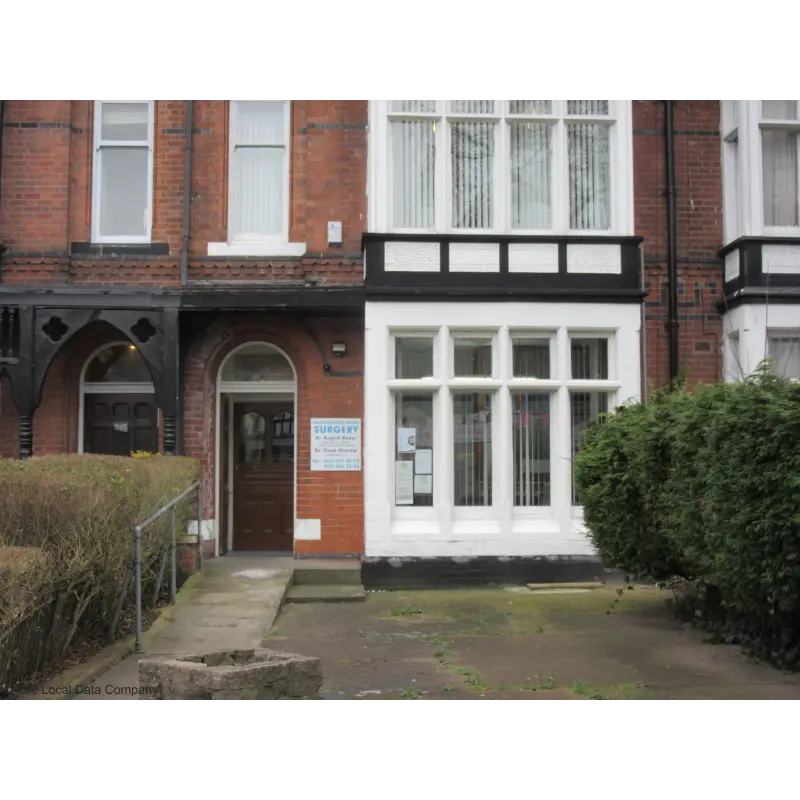The NHS vaccination schedule
Here’s a checklist of the vaccines that are routinely offered to everyone in the UK for free on the NHS, and the ages at which they should ideally be given.
Please Click on Link – Childhood Immunisation Schedule
If you’re not sure whether you or your child have had all your routine vaccinations, ask the Practice Nurse to find out for you. It may be possible to catch up later in life.
These are the routine vaccinations that are offered free of charge on the NHS to all babies and children in the UK.
6-in-1 vaccine
Protects against: diphtheria, tetanus, whooping cough, polio, Hib (Haemophilus influenzae type b) and hepatitis B.
Given at: 8, 12 and 16 weeks of age to all babies born on or after 1 August 2017.
Read more about the 6-in-1 vaccine
Pneumococcal or pneumonia jab (PCV)
Protects against: some types of pneumococcal infection
Given at: 8 weeks, 16 weeks and one year of age
Read more about the pneumococcal jab
Rotavirus vaccine
Protects against: rotavirus infection, a common cause of childhood diarrhoea and sickness
Given at: 8 and 12 weeks of age
Read more about the rotavirus vaccine
Men B vaccine
Protects against: meningitis (caused by meningococcal type B bacteria)
Given at: 8 weeks, 16 weeks and one year of age
Read more about the Men B vaccine.
Hib/Men C vaccine
Protects against: Haemophilus influenzae type b (Hib) and meningitis caused by meningococcal group C bacteria
Given at: one year of age
Read more about the Hib/Men C vaccine.
MMR vaccine
Protects against: measles, mumps and rubella
Given at: one year and at three years and four months of age
Immunisation for babies up to a year old (English and translations)
Children’s flu vaccine
Protects against: flu
Given at: annually as a nasal spray in Sept/Oct for all children aged two to eight years on 31 August 2017.
Read more about the flu vaccine for children
4-in-1 pre-school booster
Protects against: diphtheria, tetanus, whooping cough and polio
Given at: three years and four months of age
Read more about the DTaP/IPV pre-school booster
HPV vaccine
Protects against: cervical cancer some mouth and throat (head and neck) cancers, some cancers of the anal and genital areas.
Given at: 12-13 years as two injections at least six months apart
Read more about the HPV vaccine
3-in-1 teenage booster
Protects against: tetanus, diphtheria and polio
Given at: 14 years
Read more about the 3-in-1 teenage booster
Men ACWY vaccine
Protects against: meningitis (caused by meningococcal types A, C, W and Y bacteria)
Given at: 14 years and new university students aged 19-25
Read more about the Men ACWY vaccine
Pneumococcal vaccine
Protects against: pneumococcal infections e.g. pneumonia
Given at: 65 years
Read more about the Pneumococcal (PPV) vaccine
Flu vaccination
Protects against: flu
Who needs it: children aged six months to two years and those aged nine to 17 who have certain medical conditions or a weakened immune system, which may put them at risk of complications from flu. (All children aged two to eight years are given the flu vaccine as part of the routine immunisation schedule.)
Given: for children between the ages of six months and two years as a single jab every year in September/November. For children aged nine to 17 years of age as a nasal spray every year in September/November.
Read more about the nasal spray flu vaccine
Shingles vaccination
Protects against: shingles
Given at: 70 years and 78 years. In addition, anyone previously eligible born on or after 2nd September 1942 remains eligible until their 80th birthday.
Read more about the Shingles vaccine
Vaccines for special groups
There are some vaccines that aren’t routinely available to everyone on the NHS, but that are available for people who fall into certain risk groups, such as vaccines for pregnant women, people with long-term health conditions, and healthcare workers.
Additional vaccines for special groups include:
- flu jab for pregnant women
- whooping cough vaccine for pregnant women
- flu vaccine for people with long-term health conditions
- hepatitis B vaccination
- TB vaccination
- chickenpox vaccination
Some babies in high-risk groups get a BCG vaccine for protection against tuberculosis (TB) when they are born. Higher risk infants might also get extra vaccinations against hepatitis B.
Your doctor or health visitor will give you more information if your child needs protection.
Getting your child immunised
Before your child starts school, they usually get their vaccinations at your doctor’s surgery or local health clinic. The Child Health system or the doctor’s surgery usually sends you the invitation to make a vaccination appointment.
Your child can get some vaccinations in school. The school will contact you before they give your child a vaccine.
If you have any questions, ask your health visitor, doctor, school nurse or a practice nurse in the doctor’s surgery.
Useful resources:
https://www.nhs.uk/conditions/vaccinations/why-vaccination-is-safe-and-important/
https://www.hse.ie/eng/health/immunisation/infomaterials/leafletstranslations/
If you are not sure if you wish to vaccinate your child, we encourage you to call us on
0116 2955000 and book a telephone appointment with our Practice Nurse to discuss this further.
If you still wish to refuse to vaccinate your child please contact the surgery to complete a refusal form.
